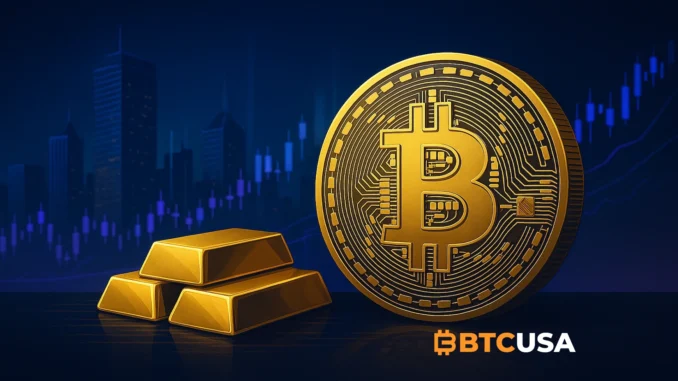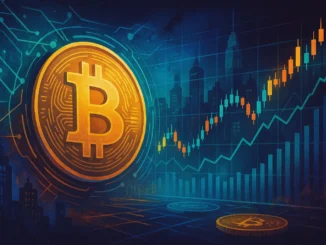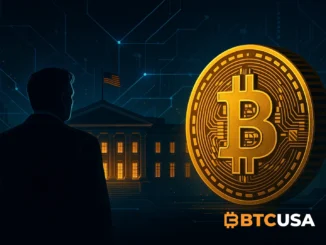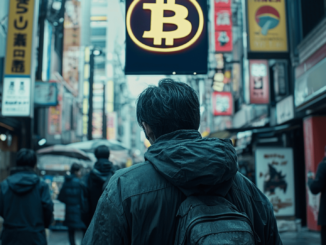
Bitcoin Is a Store of Value, Not a Global Payment Rail
Robbie Mitchnick, BlackRock’s Global Head of Digital Assets, emphasized that Bitcoin should not be viewed as a global payment network. Instead, he described it as a digital store of value — an asset designed to preserve wealth over time rather than process everyday transactions.
According to Mitchnick, for Bitcoin to function as a true payment system at global scale, it would require a massive expansion of Layer 2 solutions like the Lightning Network and other infrastructure upgrades.
Bitcoin ETF Ownership Is Shifting
In the first quarter of 2024, roughly 80% of investors in BlackRock’s spot Bitcoin ETF (IBIT) were retail participants. That dynamic has now evolved into an approximate 50/50 mix between retail and institutional investors, including financial advisors and asset managers.
For hedge funds, exposure often comes in the form of arbitrage strategies, such as holding spot Bitcoin while simultaneously shorting futures contracts.
This reflects a more sophisticated approach to Bitcoin within traditional finance.
Bitcoin Joins Gold Among Global Monetary Alternatives
Mitchnick highlighted that across thousands of years, only a few assets have achieved global monetary recognition as true alternatives to fiat systems. These include gold, and now increasingly, Bitcoin — with silver playing a secondary role.
This status is based not on short-term speculation, but on long-term scarcity, independence, and resilience.
The Industry Hurt Itself by Calling Bitcoin a Risk Asset
A key point made in the interview is that the crypto industry itself contributed to Bitcoin’s misclassification. By repeatedly describing BTC as a “risk-on asset,” market participants conditioned investors to treat it like a speculative stock.
Over time, that narrative shaped automated trading strategies and emotional reactions, weakening its perception as a neutral, country-independent store of value.
Mitchnick suggested that Bitcoin should not react to geopolitical risks — because it does not belong to any nation-state.
What Supports Bitcoin’s Long-Term Price
BlackRock identifies several macro factors as natural support for Bitcoin’s long-term strength:
Lower interest rates
A weaker US dollar
Rising global liquidity
These conditions historically benefit scarce, non-sovereign assets like BTC.
Stablecoins Are Going Mainstream
Mitchnick also explained that stablecoins will go far beyond crypto exchanges and DeFi. He believes they will become a global rails for efficiently moving value across borders — used by businesses, institutions and consumers worldwide.
This positions blockchain technology as an emerging financial backbone rather than just a niche trading environment.
Market Recovery Takes Time
Addressing the sharp movements around October 10–11, Mitchnick warned that markets do not instantly bounce back from structural shocks. Just like biological systems, financial systems require time to “heal” after disruption.
He recommended a long-term perspective with a horizon of three years or more, advising investors not to attempt precise market timing.
BlackRock’s Quiet Message
While cautious and measured, the interview reinforces one message:
BlackRock does not view Bitcoin as a speculative gamble.
It views it as a future pillar of global value storage.
And it is building its strategy accordingly.


